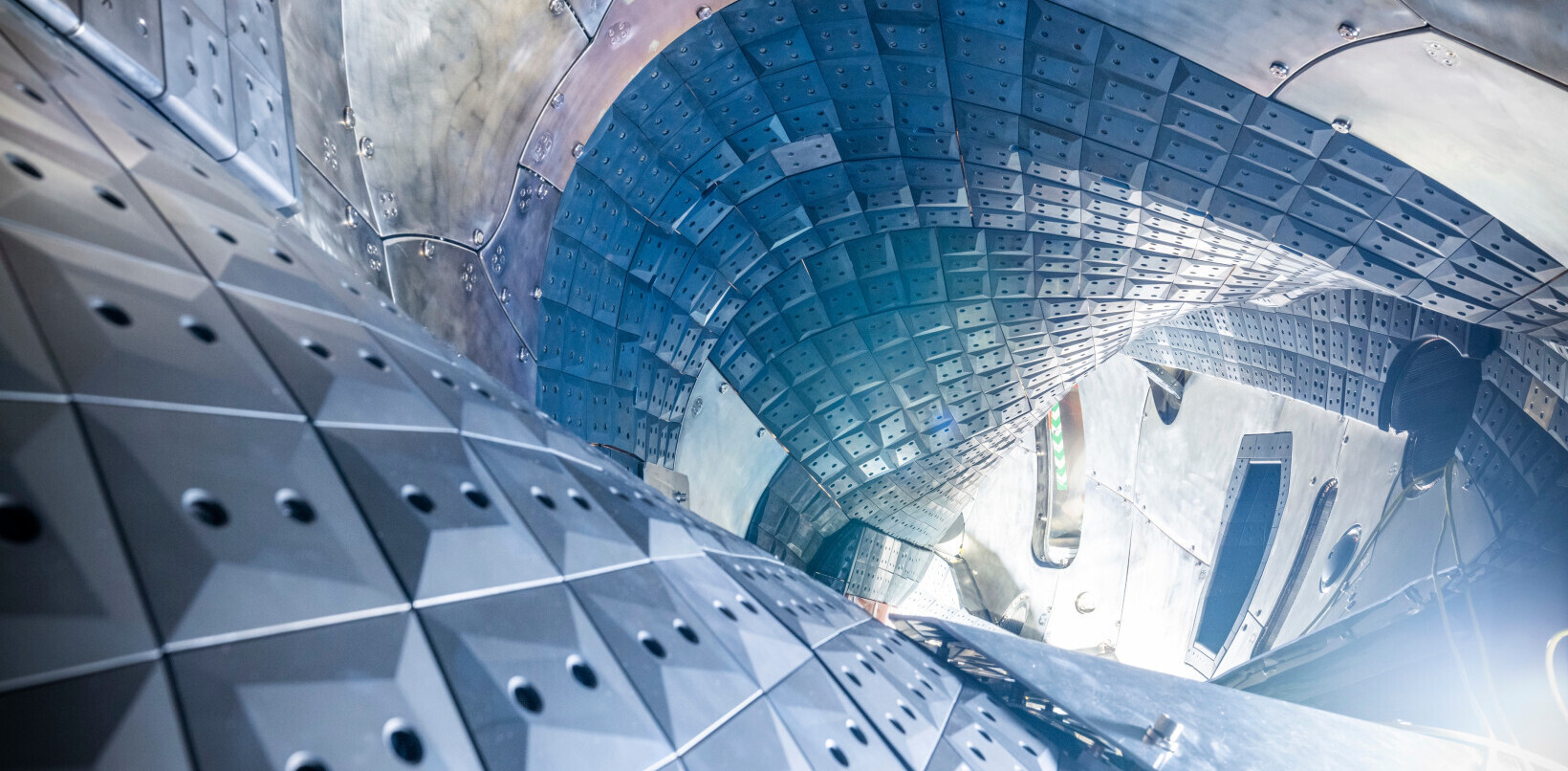
Nvidia today announced that it’s building the UK’s fastest supercomputer, which it intends to use for AI research in healthcare.
The Cambridge-1 will deliver 400 petaflops of AI performance, giving it a spot among the world’s 30 most powerful supercomputers. Nvidia says it will also be among the three most energy-efficient supercomputers on the current Green500 list.
The system is expected to come online by the end of the year. Its early users will include healthcare researchers at GSK, AstraZeneca, Guy’s and St Thomas’ NHS Foundation Trust, King’s College London, and Oxford Nanopore Technologies.

“Tackling the world’s most pressing challenges in healthcare requires massively powerful computing resources to harness the capabilities of AI,” said Nvidia founder and CEO Jensen Huang in his GPU Technology Conference keynote.
“The Cambridge-1 supercomputer will serve as a hub of innovation for the UK, and further the groundbreaking work being done by the nation’s researchers in critical healthcare and drug discovery.”
[Read: Are EVs too expensive? Here are 5 common myths, debunked]
The system will have four key focus areas: joint industry research into large-scale healthcare and data-science problems; support for AI startups; compute time for university studies on medical cures; and education for future AI practitioners.
It will eventually form a part of an AI Center of Excellence that Nvidia plans to create in Cambridge alongside Arm, the British chip designer that the US firm recently agreed to buy for $40 billion.
Get the TNW newsletter
Get the most important tech news in your inbox each week.





